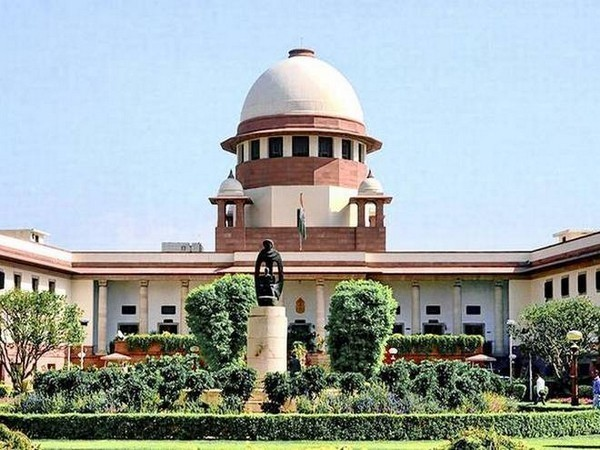


The Supreme Court in the case Infrastructure Leasing and Financial Services Ltd. v Hdfc Bank Ltd. and Anr. observed that the rents receivable by a borrower can be assigned to a lender as an ‘actionable claim’ as per the Transfer of Property Act,1882, TPA.
The bench comprising of Justice S Ravindra Bhat and Justice Dipankar Datta in the case observed that under Section 3 of TPA, actionable claim means (a) claim to an unsecured debt, other than the debt which is secured by mortgage of immovable property, hypothecation, or pledge; and (b) beneficial interest in a movable property. Both these are recognised as enforceable. Thus, the Section 130 of TPA provides the manner in which the actionable claims can be transferred.
The court stated that the provisions of the TPA and the discussion of the various authorities support the conclusion that there can be a transfer of debts, which are defined as actionable claims.
The court observed that the rents payable by IL&FS tenants, lessees and licensees are debts, which stood transferred to the creditor, i.e. HDFC Bank.
Therefore, the issue raised before the court was whether the documents executed by IL&FS whereby rents payable to IL&FS stood unconditionally assigned to HDFC Bank Ltd., constituted an assignment, and would come under purview of asset freeze order passed by the National Company Law Appellate Tribunal, NCLAT in respect of IL&FS’s assets and securities.
It was also held by the court that the rents payable by IL&FS tenants, lessees and licensees are debts, stood transferred to the creditor, i.e., HDFC Bank.
Accordingly, the court dismissed the appeal.